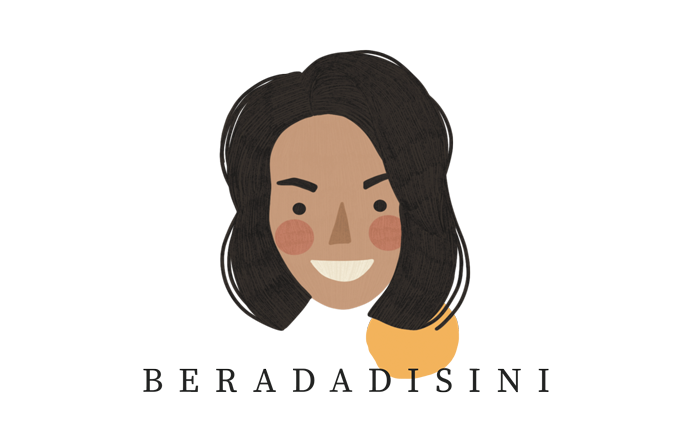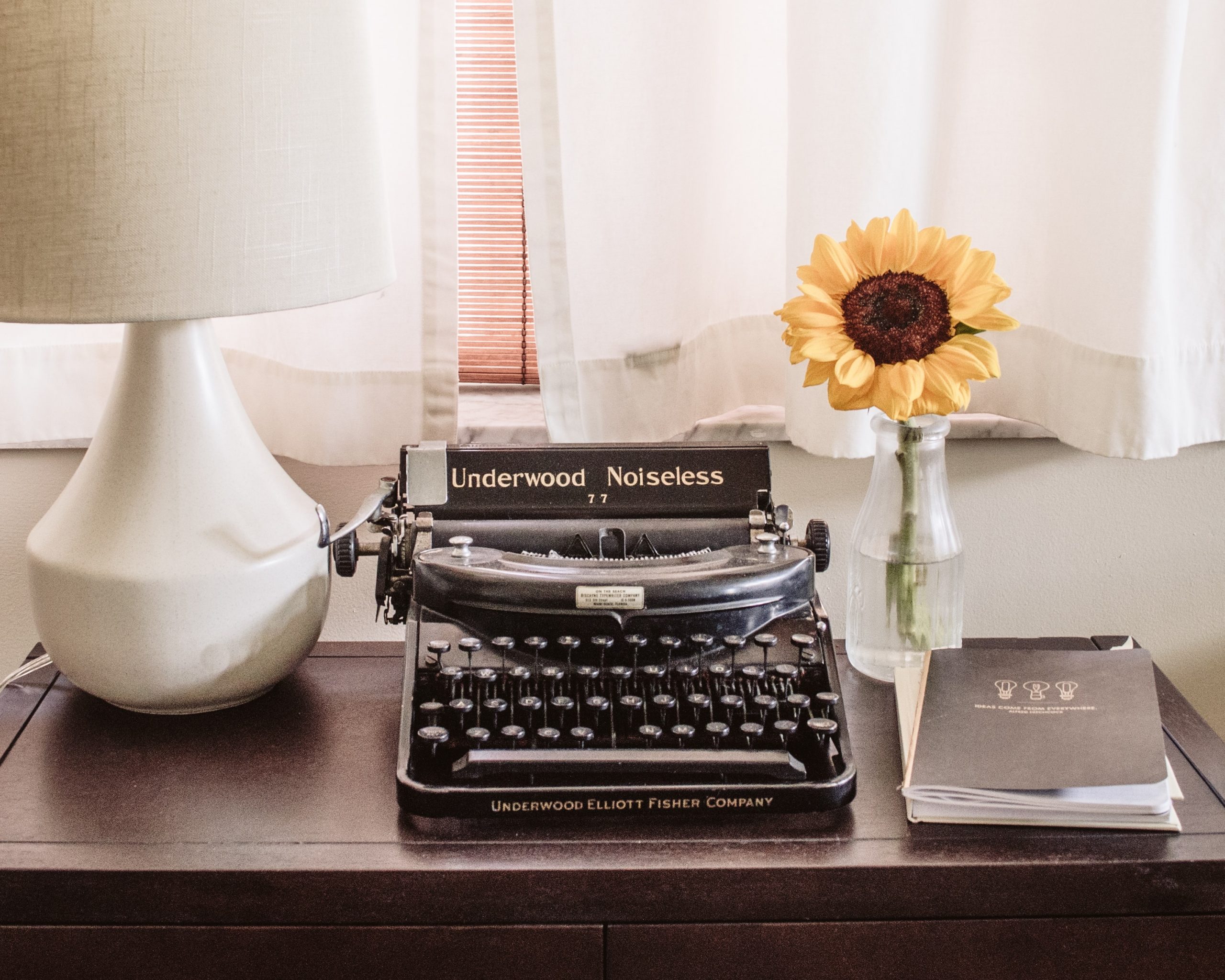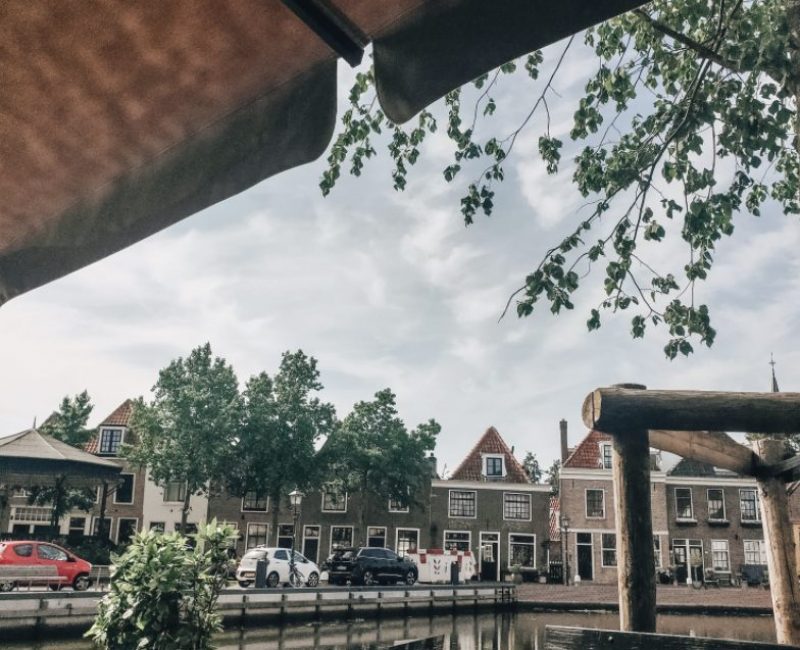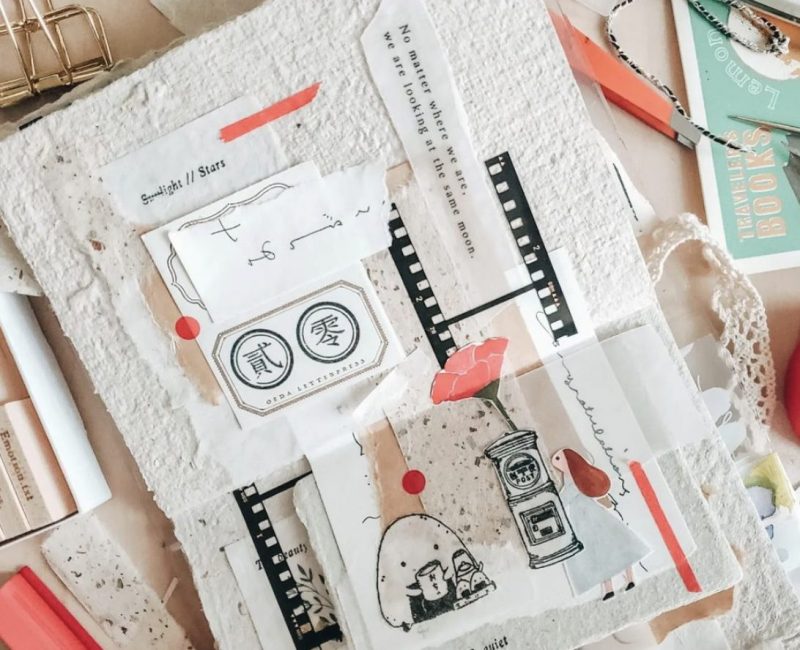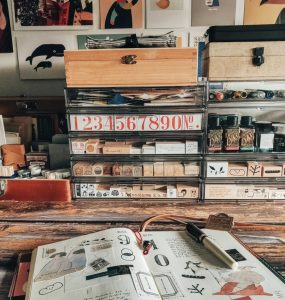In my writing workshops (either fiction or non-fiction), I always highlight the importance of writing practice to the participants–and encourage them to make a reasonable schedule they can follow to do this practice. I don’t require them to do their writing practice every day, but there is supposed to be a little bit of structure around it.
Think of writing practice as an exercise; just like working out.
You exercise and work out not only because you’re a professional athlete or want to participate in a competition. You don’t have to be great in sports to exercise. You don’t have to break a record or achieve something amazing when you’re exercising.
You exercise because you know it is good for your body, it will train your muscles, and although you may not like the process as much, you know you’ll feel good and accomplished afterward.
You don’t have to exercise every day to benefit from it, but you know if you don’t exercise at all, it won’t serve you good in the long run. The best is to have a certain schedule that can work for you–either once a week, twice a week, or maybe three times a week; for 20 minutes, 30 minutes, or maybe an hour. You don’t want to exercise too much or push yourself too hard as well; because you can injure yourself. Or you may get fed up with exercising altogether.
When you have skipped exercising for a while, it’s going to feel a bit harder to get back in the game. You may get tired quickly and your muscles are going to be really sore. You may find that you are not as strong, as flexible, or as fit as you used to be. But it’s okay, that’s why you’re back exercising, right?
Similarly, writing practice is like that.
***
But, what should you do during your writing practice? What can you write about?
Well, technically, you can focus your writing practice on some areas you think you’re having difficulties with. If we go back to the exercising-and-working-out analogy–if you know or feel that your legs are weak, you may want to do some exercise to make your legs stronger.
However, these are the 3 things I usually concentrate on during my writing practice:
1. CHARACTER
I love watching people and I can do this for hours.
If you’re in a mall, in a cafe, in a waiting room, in a coffee shop–pick some people as your ‘characters’ and describe them in detail: what are they wearing, what do they look like, do they have any obvious physical traits, how do they carry themselves, how do they speak, how do they call the waiter, do they hesitate before paying at the counter?
Notice even the smallest details about these people. Just write down your observations as facts, without judgments.
When you’re done, it’s time for your imagination to take over. If you have to guess, what do you think will be their backstories? What are their vices and virtues? What do you think they do for a living? Are they married or single? What do they aspire to be? What are some of their biggest challenges in life? If they have a dark secret, what would it be?
When you’re finished, examine your guesses and compare these wild speculations with your detailed description of the ‘characters’. Can you see why you are led to conclude or speculate a certain backstory for a certain character?
2. SETTING
Wherever you are, try describing that place. Make sure that you only write facts from your observations. Notice everything: shape, color, smell, shadows, sounds.
When you’re done, now try to write about this place from a point of view of someone who has just gone through a heartbreak; someone who just got fired; someone who has just won a lottery; someone who is in love; someone that is about to die. Or, how would a chef, a lawyer, or a celebrity describe this place?
How would they ‘see’ the same setting differently based on who they are or what they’re struggling with?
3. DIALOGUE
Listen to (well, eavesdrop) a conversation; and write the conversations down the way they are being spoken. If you can’t write that fast, use abbreviations. Above all, I would suggest not to observe the people who are speaking but concentrate on writing down their conversations only.
After a few minutes, stop and leave–until you can no longer hear these conversations or see who is speaking.
Read the dialogue and based on the word selections, the umm and err, the dialects, the jargon; what can you guess about speaker number 1 and speaker number 2? Who are they? What can you tell about their origin, upbringing, education, profession? If you cannot see them and can only read the way they speak, can you guess what they look like?
What can this conversation reveal about their personality? Based on the dynamics of the conversation, how do you think one feels about the other? Is there a feeling of mutual trust, jealousy or rivalry, or maybe you can tell that one truly admires the other? How can you make this guess or come up with this conclusion? Which dynamics in the conversation give you the hint?
***
I like to focus on these 3 things during my writing practice because I think they are quite essential. Either you’re writing fiction and non-fiction, you can always benefit from knowing how to build your character, your setting, and your dialogue.
If you have done this exercise several times, I am sure you will get a better understanding of how to distinguish a character, setting, and dialogue that works.
Happy practicing!
